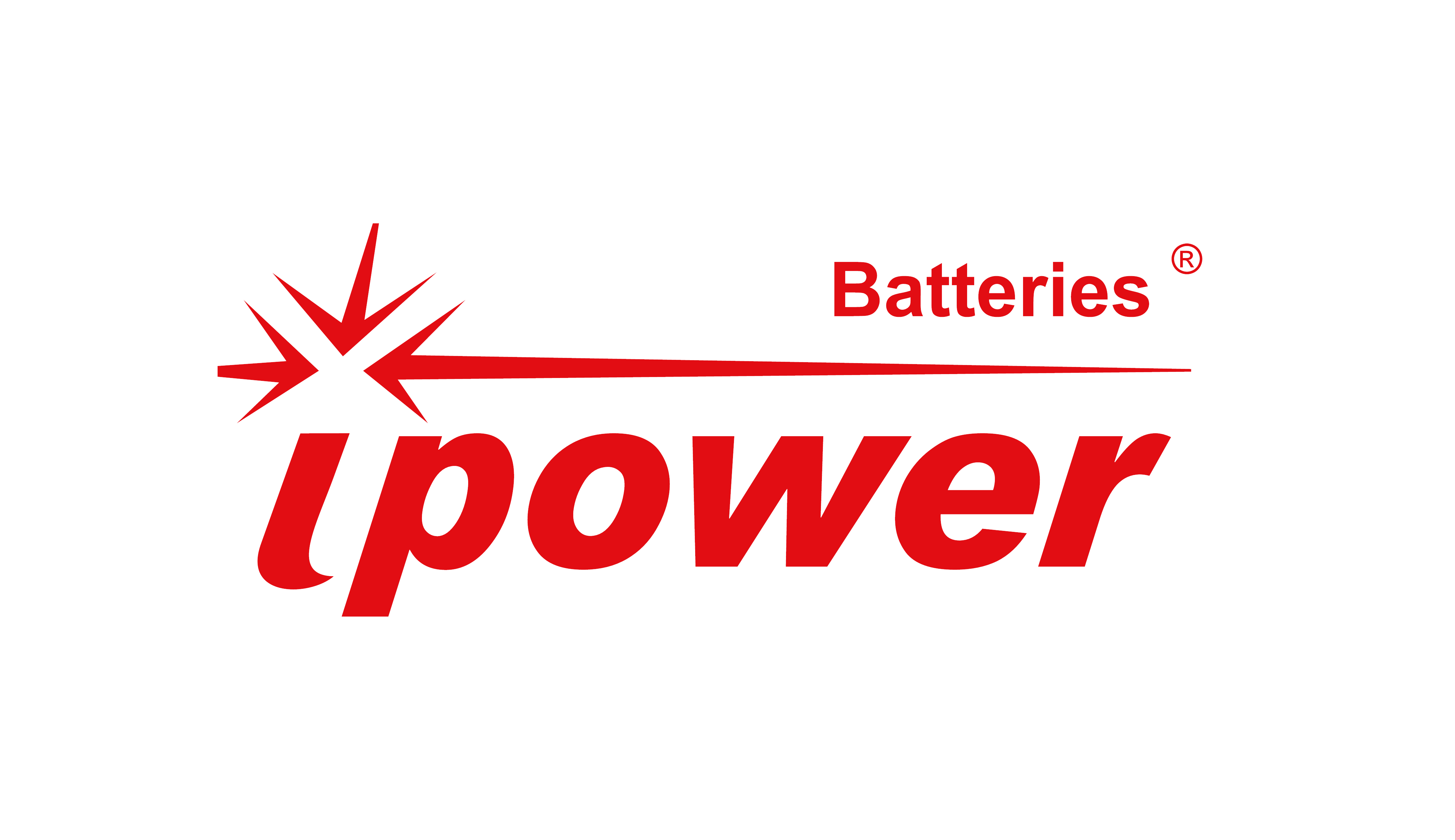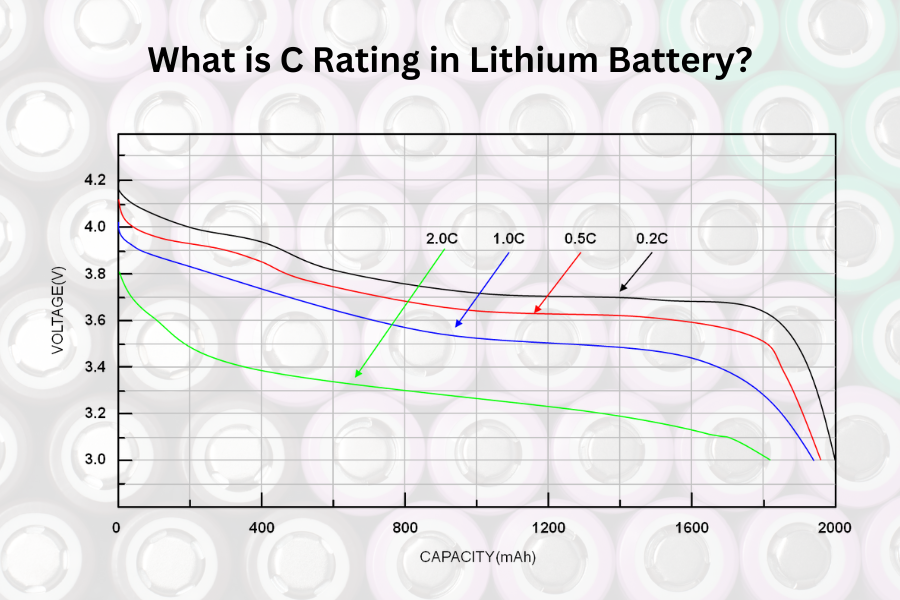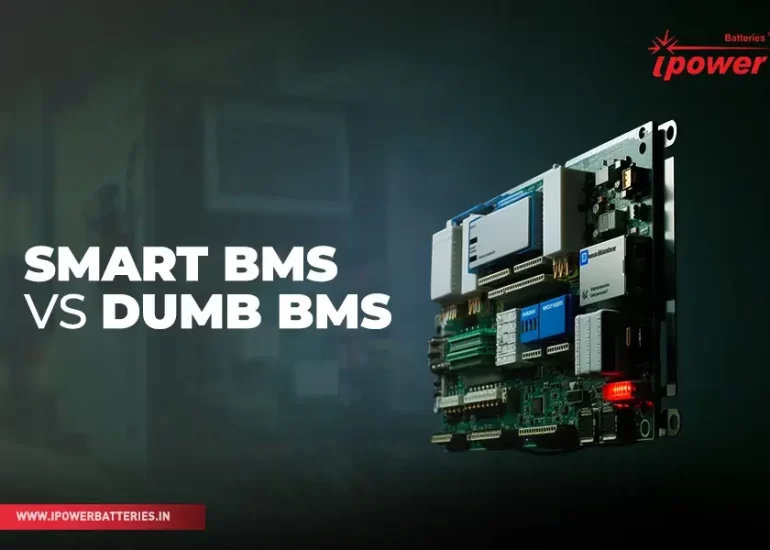Ipower Batteries has secured the AIS 156 phase 2 certificate for both its NMC and LFP batteries. Now all of the batteries in these two chemistries are AIS 156 phase 2 certified as required by the government of India.
Now let’s understand the importance of this certificate and why it’s a big milestone for a battery manufacturer.
We all know that AIS 156 amendments came into the picture because of various fire incidents with EVs last summer. So the government of India set a parameter for the battery manufacturers with enhanced safety features. The battery manufacturers were asked to get their batteries tested on various factors before getting the certificate and selling it into the market.
Following were those tests.
- IP67: (Waterproof batteries)
IP67 test certifies that the batteries are waterproof, now the question is why it is required.
Well in India, most of us are used to washing and cleaning our vehicles using water and if we go a little bit into the chemistry, the lithium plus water is an explosive reaction. The battery needs to be waterproof otherwise it will become a serious threat to the rider. Making a battery waterproof is not a simple task, only those can do who manufacture the batteries, not the ones who just procure them from 3rd party.
- Thermal runaway:
Charging and discharging the battery is an exothermic process. It means heat is generated when you ride the electric vehicle or charge it. As we know the entire battery pack, and the case is waterproof and airtight, and that heat will generate pressure which can lead to an explosive reaction. To counter that, the battery needs to have a heat sink, in short, a way to transfer that heat out of the battery is required. There are various ways to do that like having an active or passive cooling process. The batteries are required to have thermal runaway.
- Vibration test:
Believe it or not, it’s a very important test. If you drive your vehicle either a two-wheeler or a three-wheeler, you know the conditions of the Indian roads and how they impact your vehicle. The same goes for lithium batteries. Indian roads are full of post-hols, non-symmetrical speed breakers, and animals roaming around freely. Every time you put brakes, batteries are subjected to sudden vibration due to the law of inertia and after some time, it can damage the physical structure of the battery. To insure that does not happen, batteries are subjected to vibration tests.
- BMS Test:
BMS is the most important part of the batteries. They provide all sorts of data that is required for the safety of the batteries. BMS makes sure if there is something unusual happening with the battery like it’s getting heated more than normal then it will not only inform the raider but also will take the necessary precautionary measures. There are two types of BMS, communicative and non-communicative. The new batteries under the AIS 156 phase 2 need to have the communicative BMS that our batteries have.
- CAN Protocol:
With batteries, we get chargers but India is a country of jugad. If the charger provided by the company will stop working due to any reason, we will try to use a non-authorized charger or non-authorized charging method that can lead to accidents with the batteries. You have to understand, lithium batteries are power-packed boxes with the potential to cause serious damage to the property and the personnel if not handled with care. With the CAN protocol, it is ensured that batteries will be charged with an authorized charger and authorized methods.
- Pressure valve:
As discussed earlier, the heat generated in the battery will create air pressure in the battery pack that needs to be released if goes above a certain level. The new batteries have a pressure valve that works exactly like the pressure valves in the pressure cookers.
These are those tests, that are mandatory to get the AIS 156 phase 2 certificate. The beauty of these tests is that only those who have the capability of building the battery packs in-house can pass.
It means, with this AIS 156 certificate, the government is filtering the market and allowing only those who can build safer batteries.
We at Ipower Batteries proudly say that we are in an elite group of battery manufacturers who are committed to taking the industry forward by providing safer and long-lasting batteries.
Click here to learn more about the lithium batteries safety.
Join the EV-Revolution with Ipower Batteries






[…] Do you know, Ipower Batteries have AIS 156 Phase 2 certificate for all of its batteries including … […]